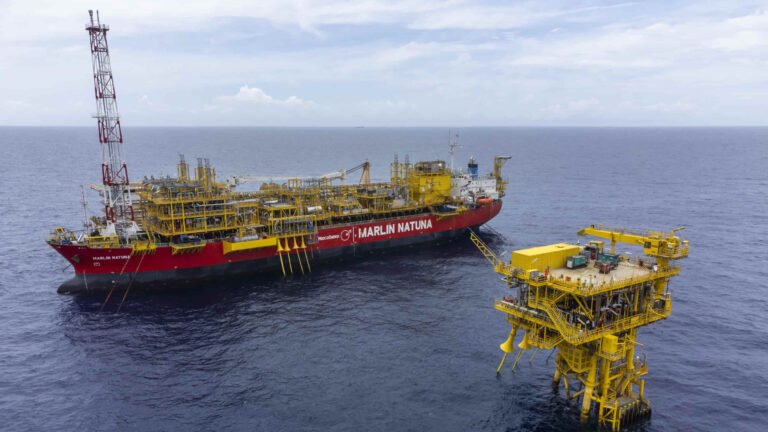MedcoEnergi Achieves Significant Sustainability Milestone by Slashing Greenhouse Gas Emissions
PT Medco Energi Internasional (MedcoEnergi), an Indonesian-based energy and natural resources company, has reached a major sustainability milestone by reducing its Scope 1 and 2 greenhouse gas (GHG) emissions by up to 1.5 million tons of CO2 equivalent (CO2e) compared to its 2019 baseline.
Surpassing its decarbonization target ahead of schedule, MedcoEnergi has exceeded its 2025 goal of 1.08 million tons CO2e, constituting 20% of total emissions in the base year. This achievement aligns with the company’s long-term plan to achieve net zero Scope 1 and 2 GHG emissions by 2050 and Scope 3 by 2060.
Ronald Gunawan, Director & Chief Operating Officer of MedcoEnergi, emphasized, “Emission reduction is part of our efforts to enhance overall operational efficiency. MedcoEnergi continues to carry out various emission reduction initiatives in parallel with our day-to-day field operations.”
MedcoEnergi has implemented a range of initiatives to enable this decarbonization milestone, including efficiency and emission reduction programs across its operational areas in Indonesia and international assets.
In 2024, the company executed 43 initiatives across its assets, leading to estimated peak annual GHG emission reductions of 181,727 tons CO2e, with the largest contribution from flare avoidance activities in the Corridor Block amounting to 53,713 tons CO2e.
These emission reductions were accomplished through production process optimization to enhance gas fuel efficiency and reduce methane emissions. Additionally, solar PV panels were installed to support energy requirements on offshore platforms in the South Natuna Sea Block B and Sampang Block, where two new oil and gas fields recently commenced production.
While solar PV panels were deployed in onshore asset operations in Indonesia, the transition from diesel generators to grid-based power supply was implemented in Oman, the Grati Facilities (East Java), and the Rawa Gas Plant (South Sumatra). Biodiesel usage for supply vessels in Thailand was also part of the emission reduction strategy.
“Emission reduction efforts are conducted in compliance with applicable technical and environmental standards. These initiatives will continue and expand in line with the company’s transformation towards more efficient and lower-carbon operations,” concluded Gunawan.

